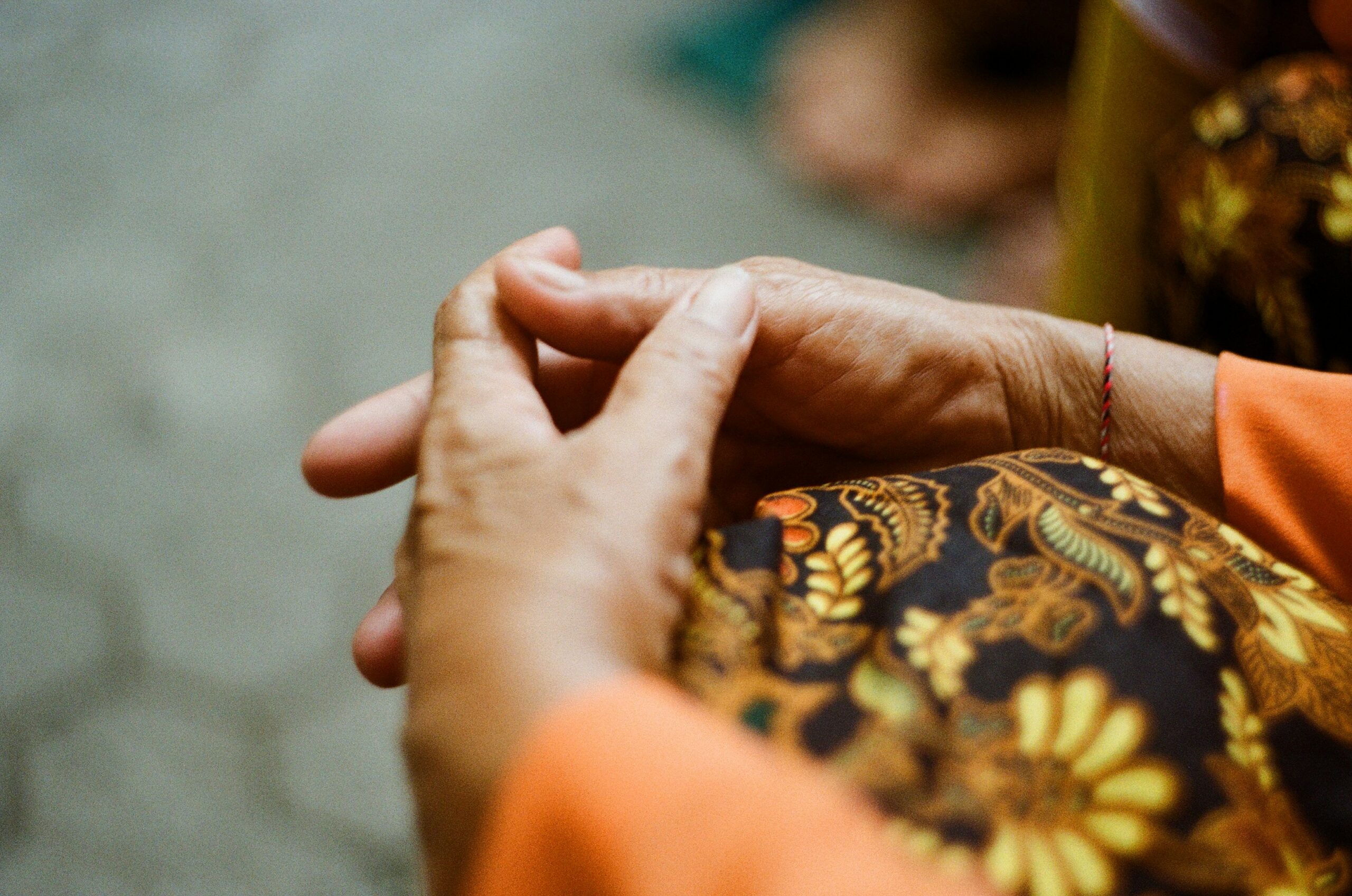Resources
The Crucial Role of Critical Thinking
BY ANNA KARLOVA
Critical thinking is considered the primary skill of a person in the 21st century. The main problem we must understand is that when there is a lot of information, it becomes challenging to verify its reliability. Previously, writing something stupid could quickly and permanently deprive you of your professional reputation. Now, we read books to our children written by neural networks that do not have human consciousness, that is, the ability to distinguish fiction from the actual state of affairs. Every day, we are faced with the need to make some decisions and, accordingly, with analysis. But why, then, doesn’t this work automatically? Why are so many people of our friends and relatives who publish outright fakes on social networks and retell false, unverified news to each other?
Navigating the Age of Information Overload
Our brain doesn’t like to make decisions. It all comes down to our brain consuming 25% of all calories. The brain consumes a quarter of all the energy that enters our body with food. It is a very energy-consuming organ of the human body, and from this point of view, optimization is required to supply energy to all other systems of our body.
The neocortex is responsible for mental activity – our most recent evolutionary acquisition, and in the process of evolution, our brain has developed various mechanisms that would allow it to spend less energy, including this reflected in the fact that people have significantly highly developed social intelligence. That is, the social orientation of our brain is that when a person is forced to make a decision, then with a high degree of probability, he will shift this decision to someone else rather than figure it out himself, engaging in critical thinking. It all comes down to energy costs rather than human stupidity.
Critical thinking is the ability to analyze a phenomenon or explain this concept from different angles. By asking ourselves questions—good-bad, necessary-not necessary, right-wrong—we balance two polarities, allowing us to take a sober look at the situation. A joke for media workers well illustrates this context: “If your mother said she loves you, don’t believe it because a real journalist must have at least two sources of information.”
The prefrontal cortex, which we developed over the last 200 million years, works in fragments in children. Suppose the body of girls more or less finishes growing by the age of 16, in boys by the age of 18. The brain continues to develop, and it is precisely critical thinking and the ability to make thoughtful decisions that are formed up to age 25. There is one advantage in fragmentary critical thinking – at this age, it is effortless for us to make friends and love relationships. Because a 30-year-old person whose critical thinking is already functioning normally looks at a potential partner and critically thinks about whether I should go into some relationship with them. From 16 to 25 years old, when it’s all still at the level of “he has cool sneakers and a cool hairstyle – probably he is a great option”, we get closer to other people more quickly for biological and physiological reasons.
Without engaging in critical thinking, people become easy prey for scammers and followers of pseudoscience. That’s why there are astrologers, homeopathic medicines, financial pyramids, and conspiracy theories: We have to force ourselves to think.
Our human brain is at a fork in the road. On the one hand, pseudoscience is engaging, spectacular, simple, and clear. On the other hand, there is science, which repels people with the need for evidence, which is always boring – formulas, long explanations, many letters, and limitations in its predictive power. That is, any science is bad at predicting the future. In comparison, pseudoscience attempts to easily predict the future and offer simple, ready-made solutions without evidence.
But if we are talking about usefulness, there is no proof of the benefit of at least some pseudoscience for humanity. Any science serves to benefit society, at least it declares it. Any pseudoscience is, at best, just entertainment or a money grab; at worst, there are consequences when people go to a healer for treatment of some severe diagnoses or take money to some pyramid because a tarot reader told them about it.
Cracking the Code: Developing Critical Thinking Skills
How do you get around this trap of your lazy brain, which does not want to include critical thinking in the necessary circumstances, and when you need to make some important decision, make it qualitatively and carefully?
Firstly, you can only make important decisions if you are balanced emotionally. Any pseudoscience and any quackery are based on the thirst for human emotions. If you understand that you are now making some critical decisions, ensure you have an even emotional background. Moreover, both the negative and positive spectrums are bad. If you are madly in love with someone, this is not a reason to get married immediately. If you are in terrible need or despair, do not make rash financial decisions in this state.
Secondly, we remember that people change their opinions not under the influence of facts but under the influence of other people’s views, and there are evolutionary reasons for this. If some person important to you tells you something and is trying to involve you, remember their opinion may not be based on facts but on the fact that they have it from someone heard from another, so it makes sense only to them. If they are trying to convince you of something, then this is the opinion of this person, which may be based on who knows what, so this should cause you to think critically about the information yourself.
Thirdly, remember that if the majority believes in something, this does not mean this information is accurate. Most people in the Middle Ages believed in alchemy, the Inquisition, the geocentric model, and vampires. If some movement or opinion gains a majority, this does not mean that this opinion or this movement is genuine or has any plausible basis.
To summarize the above, learn to ask questions and doubt the information you hear, even if you want to believe it. In most cases, it is enough to ask a couple of clarifying questions, and the “verified information” turns out to be ordinary rumors. Double-check the information in other sources and look for official resources. Someone may have already written something about this. Remember, fake news is almost always created around noisy and essential topics for people – war, health, money. When a person becomes scared, he analyzes even less than before. Do not rush to retell information and broadcast fakes; this helps to sow panic. An example of a pandemic is that people, frightened by hunger and rising prices, began to buy food in masse, and as a result, due to a shortage, the prices increased even faster.
Unfortunately, our brains make mistakes simply because we were not designed by evolution for such a complex world and abstract thinking, where we are constantly surrounded by other people who are becoming increasingly difficult to understand, where the pace of life and its instability increases along with progress and technologies. Developing critical thinking becomes everyone’s responsibility and a survival skill. And then, in the case of a phone call from a bank employee with a pleasant voice, you will ask the right questions instead of giving your credit card information.
This article was written by Anna Karlova, who loves learning throughout her life and has a strong passion for Data Analytics.




